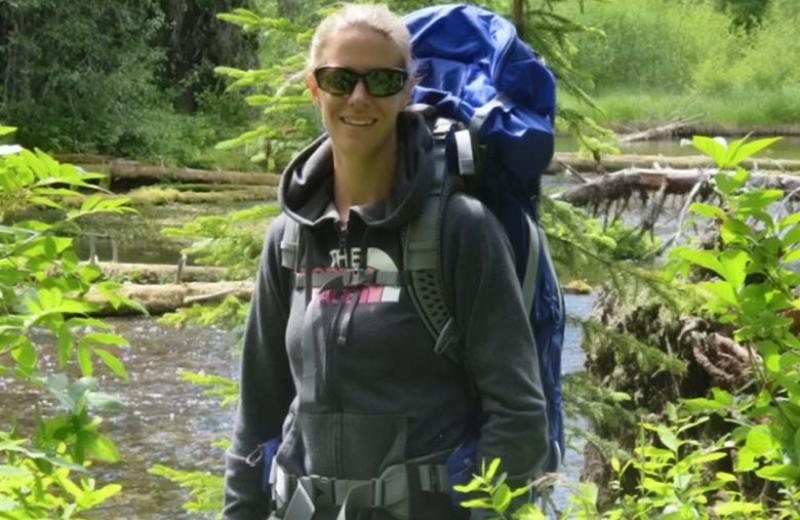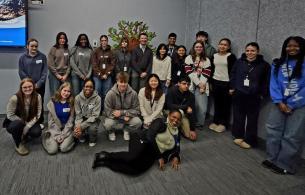Nursing is one of the most rewarding careers in health care
You can work in a variety of areas and the opportunities for career advancement are endless. Erin Wilson’s nursing career of nearly 20 years has taken her across Western Canada and down many educational paths.
Growing up in rural Saskatchewan, Erin had an experience that helped shape her career choice: “A man with an intellectual disability worked with my dad. He was the most kind and generous person. He went to the hospital with calf pain and was sent home - his concerns were not validated. He ended up dying because of an undiagnosed blood clot. The unfair feeling of not being heard when asking for help has never left me.”
The many different career options available to nurses also appealed to Erin. “I wanted a career with a lot of opportunities. With nursing, you can work in hospitals or rural communities. You can also teach and conduct research.”
After graduating with her Bachelor’s degree in Nursing, Erin worked in Red Sucker Lake, Manitoba. This was a valuable learning opportunity for Erin on the inequalities and inequities faced by many First Nations communities.
“It was a fly-in community where only 30% of the residents had running water. We had to take a boat to get to the store,” she said. “I learned a lot about access to care, safe housing, and how systems impact people.”
After leaving Red Sucker Lake, Erin worked at other two-nurse stations in BC and in tertiary care in Manitoba. Tertiary care is a high level of hospital care that requires specialized equipment and knowledge.
In 2004, Erin enrolled in a Master’s of Science in Nursing – Nurse Practitioner (NP) program at UBC in Vancouver, while living and working in the Yukon during the summer months. She registered as a NP in BC in 2006, but didn’t move back to the province until late 2007, becoming one of the first nurse practitioners hired by Northern Health, where she worked at the Central Interior Native Health Society in Prince George.
In 2011, looking to further her research capacity, Erin was accepted into the first cohort of UNBC’s PhD in Interdisciplinary Health Sciences. She defended her dissertation in 2017 and is currently an assistant professor at UNBC’s School of Nursing. She also continues to practice one day a week as an NP.
“Practice is an essential link between teaching and research. It allows me to be engaged with what’s happening in our community and patient experiences while maintaining my practice,” said Erin. She’s currently involved with research studies examining NP practice, rural nursing, health inequities, and implementation science.
Not all nursing careers are the same, and Erin’s is a prime example of that. Her education and experience have taken her to various roles across Western Canada. What will she do next? Only time will tell!














Comments